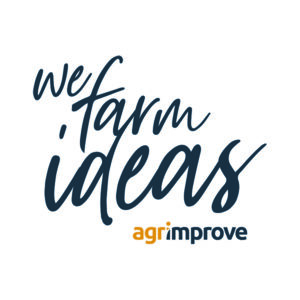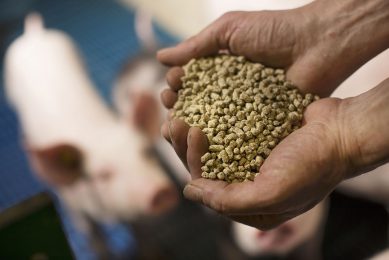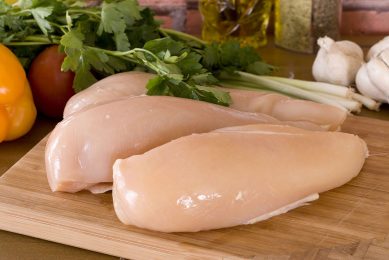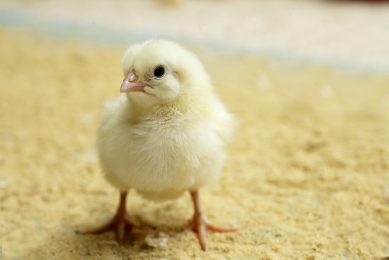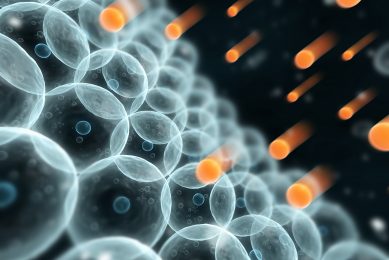Antibiotic reduction in turkeys
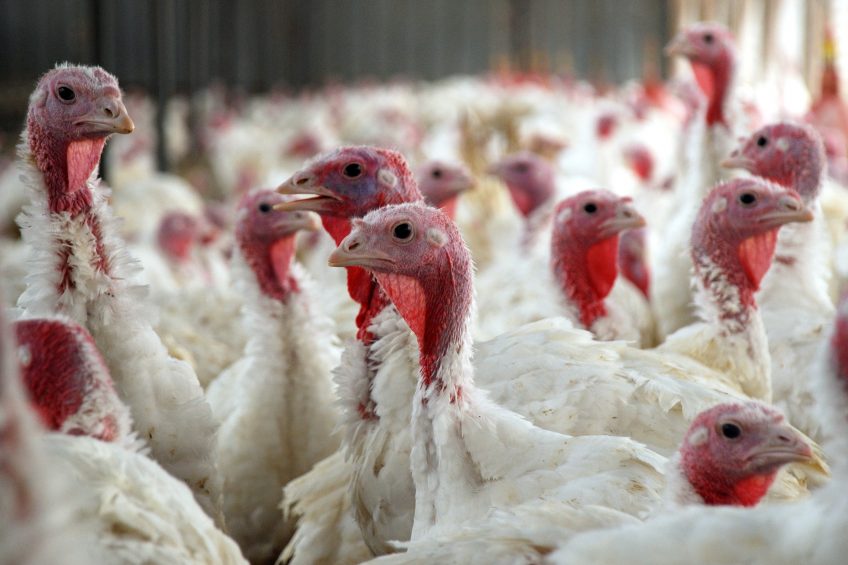
Turkey meat is often considered a healthier option to other meats, but the use of antibiotics and other veterinary drugs in its production raises concerns about how healthy it truly is.
Antibiotics came on the market around 1940. Farmers immediately began adding low doses of the drugs to animal feed. First to make livestock put on weight faster and later also to protect them from diseases due to the fact that turkeys were raised in bigger farms with less space per animal.
The use of antibiotics can induce the spread of antibiotic resistant superbugs, and drugs in general can result in dangerous residues in meat. For too long, the use of antibiotics has been seen as a quick and easy way for solving production or management related issues rather than tackling the underlying causes.
Antibiotic use in turkey production
Food Animal Concerns Trust (FACT) reported in 2015 that only 2 of the top 20 Turkey feed producers in the US stated that they do not allow their producers to routinely use antibiotics related to those used in human medicine either for disease prevention or growth promotion. Data from a German survey in 2014 revealed a high incidence of antibiotic treatment in turkeys; out of 526 flocks studied, 93% received antibiotics on an average of more than 20 days. More data from The Netherlands up to 2015 showed significant reduction in antibiotic use over several years, but still showed that the use in turkeys was a lot higher compared to other species such as broilers.
Antibiotic resistance is one of the most pressing public health issues, and the turkey sector must take its responsibility in reducing drug use where possible. While broilers are slaughtered at the age of 6-8 weeks, turkeys have a lifespan of 15-20 weeks. This long period increases the risk for diseases dramatically. For this reason, it will be more difficult to raise turkeys without antibiotics, compared to broilers.
No silver bullet
Moreover, like in broilers, there will be no silver bullet in achieving the antibiotic-free turkey meat production. Instead, an integrated approach that encompasses feed, farm and health management strategies is essential.
- This total approach should start at the beginning: the health of the breeders. According to Aviagen, sourcing poults from appropriately vaccinated, healthy breeder flocks which have been fed on a well-balanced good quality feed, is essential. It gives the poults the potential to withstand the early challenges of the brooding period and continue to develop a good, balanced intestinal flora which is essential to antibiotic free production.
- Biosecurity must be optimised and requires an appropriate programme. Setting up such a programme starts with the identification of all the potential sources of diseases. Then the introduction and spread of diseases can be stopped by exclusion (no entry in the house) and containment (controlled entry in the house by for example showering).
- Good quality feed is essential for optimal digestibility. Anti-nutritional factors, including the physical form of the feed, impeded accessibility to feed due to high stocking density and unbalanced nutrient content play a role in reducing gut health. Additives can be used to lower disease pressures, to reduce mycotoxin effects and to promote an optimal digestion.
- Good housing environmental conditions with a low stocking density should be established for effective antibiotic-free turkey production. Any bird not experiencing the right environmental conditions according to its age will be under stress and more susceptible to health challenges.
S-prove Turkey
S-prove Turkey is an additive, recently developed by Nuscience, for the use in turkey feed production. Since the good health of the turkeys is always a major challenge, the goal of the additive is to promote the health of the turkeys.
The additive is a combination of different strategies to improve health of turkeys. As a first strategy, the product contains antibacterial compounds that will kill the bacteria directly. This will result in a better gut flora. As a second strategy, there are added special ingredients that will bind to the bacteria and wash them out of the gut. The third strategy are special nutrients that will close the door for toxins by protecting the flow from toxins, bacteria and antigens to the blood. Field results showed that, with the help of S-prove Turkey, the weekly growth of the turkeys can be optimised if it is used in the feed, see Table 1.
Commercial use
A turkey nutritionist from Poland, made this observation after using the product: “Especially in the first 8 weeks of age, the health of the turkeys is crucial. In normal circumstances, I add 2 kg/MT S-prove Turkey. If I know that the farm management is not optimal, I increase the dosage to 3 kg/MT. If I don’t add the product to the feed, I see a big decrease in body weight at 4 weeks due to a lot of health problems.”
It is clear that there is still a lot of work if we want to go to an antibiotic-free Turkey meat production, but S-prove Turkey can certainly help to achieve this goal.
References are available on request.
By Manu De Laet, Product Manager Poultry, Nuscience Group


